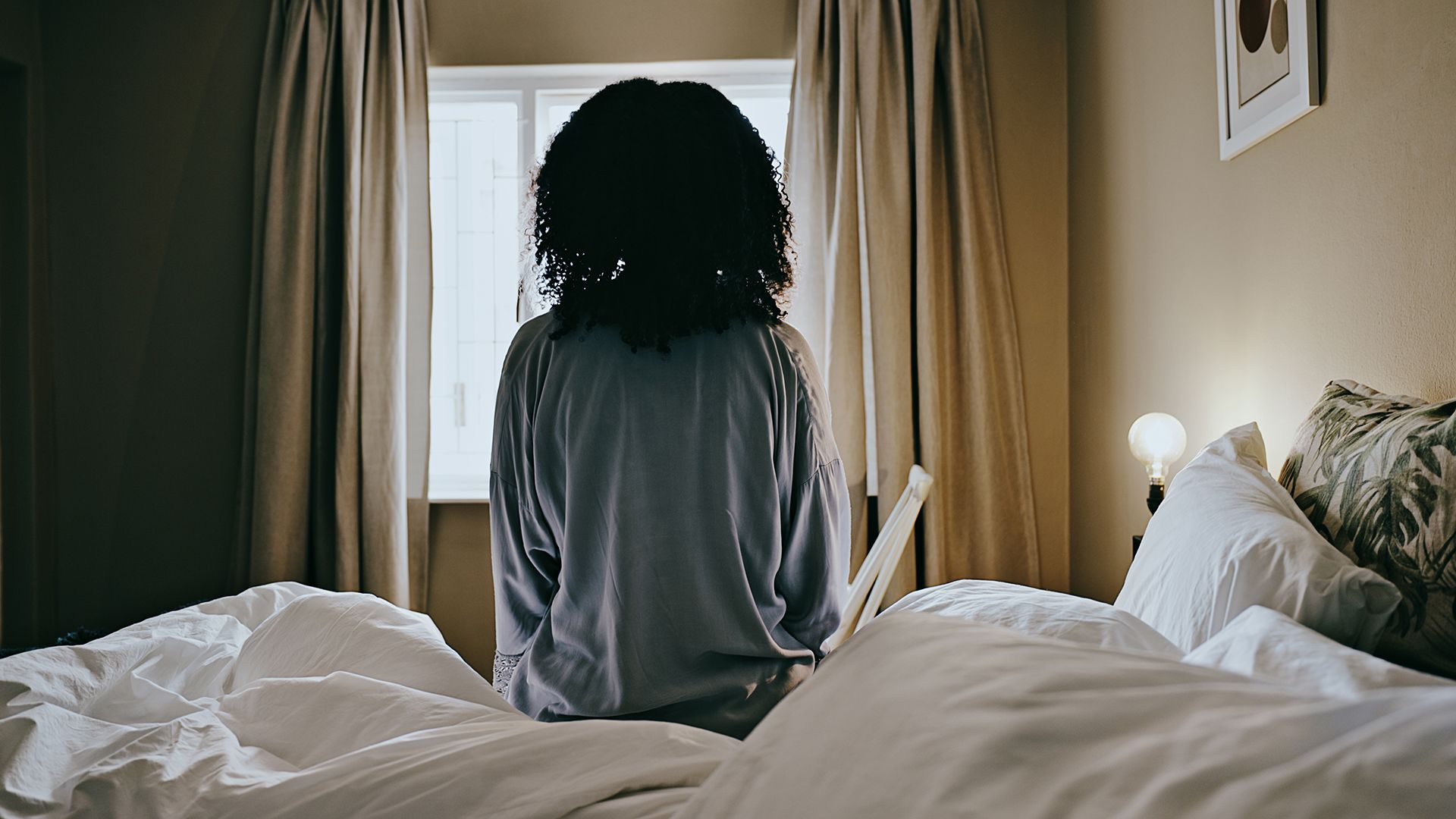Updated on May 10, 2023
There’s no question that bipolar disorder (BPD) can take a serious toll on a person’s life. The mental health condition may damage relationships, affect work and school performance, and make it hard to get out of bed each day.
The effects of the illness can be more far-reaching than that, however. Research indicates that people with BPD are at much greater risk of shortened lifespans.
In a review published in 2015 in Acta Psychiatrica Scandinavica, for example, data from 31 studies showed that for people with bipolar disorder, rates of death from all causes were twice that of the general population.
Researchers found different rates for different causes of death. Deaths from natural causes, such as cardiovascular disease and respiratory illness, happened at a rate of 1.5 times the general population. Deaths from unnatural causes—such as suicide, homicide, and accidents—happened at 7 times the rate of the general population. The risk of suicide was 14 times greater, and other violent deaths were 4 times as likely.
More recently, a 2021 study published in Epidemiology and Psychiatric Sciences looked at data from more than 12,000 Hong Kong adults with bipolar disorder. Compared to the general population, those with the condition had a 2.6-fold higher risk of premature death. Their lifespans were about 7 years shorter than people without bipolar disorder.
How bipolar affects your overall health
While these studies don’t prove that bipolar disorder causes people to die early, they suggest that the illness can play a significant role in health issues and behaviors that can lead to shortened lives.
Conditions like bipolar disorder and depression, for example, can take a toll on a person’s immune system, reducing the ability to effectively fight off and recover from chronic disease and sickness.
Patients with severe mental illness are also more likely to engage in risky behaviors like drug and alcohol abuse to cope with their symptoms, which can harm their mood and physical health. Substance abuse also increases the likelihood of suicidal thoughts and behaviors.
People with bipolar disorder and other mental illness are often on prescription medications that may lead to weight gain as a side effect, leading to an increased risk of diabetes and heart disease. Some people may find it more difficult to take care of themselves physically, leading to poor diet habits and low levels of physical activity. They may also skip out on annual health screenings and find it harder to maintain regular appointments with healthcare providers (HCPs).
More ways to stay healthy
The findings reaffirm that getting early and adequate treatment for bipolar disorder is critical. You can begin to take control of your condition by being aware of your symptoms and speaking with your HCP about developing an individualized and well-rounded treatment plan, which may involve medication and therapy.
You can also try these lifestyle changes to protect your overall health:
Maintain a healthy weight. Since weight gain is thought to be one of the main contributing factors to mortality in patients with bipolar disorder, it’s important to check your weight often. If you’re at an unhealthy weight, work with your HCP on a plan to lose excess pounds. They may also be able to prescribe medications that are less likely to cause weight gain.
Get your greens. A 2022 review of 60 studies in Nutritional Neuroscience identified some specific foods and supplements that may benefit people with bipolar disorder, including:
- Fruits and vegetables
- Whole grains, such as brown rice and oatmeal
- Seafood
- Unsaturated fatty acids, especially omega-3s, from diet or supplements
- Folic acid
- Zinc
- Coenzyme Q10
- Probiotics
Changing your diet is often easier said than done, so consult with your HCP on how to get started. They may refer you to a dietitian for tips on working simple food swaps into your routine to build healthy habits.
Keep moving. Sometimes simply getting out of bed or off the couch can feel like the hardest thing to do. If getting regular exercise is not part of your routine, it’s not realistic to expect to become a fitness buff overnight. But, like developing any habit, taking small steps each day can grow into a regular routine.
Just a 5-minute stroll one day can become a 10-minute walk the next. Physical activities like walking or yoga help maintain your weight, modulate your mood, and reduce anxiety. A goal of getting 30 minutes of moderate intensity exercise most days of the week is ideal, but people can benefit from any increase in physical activity.






